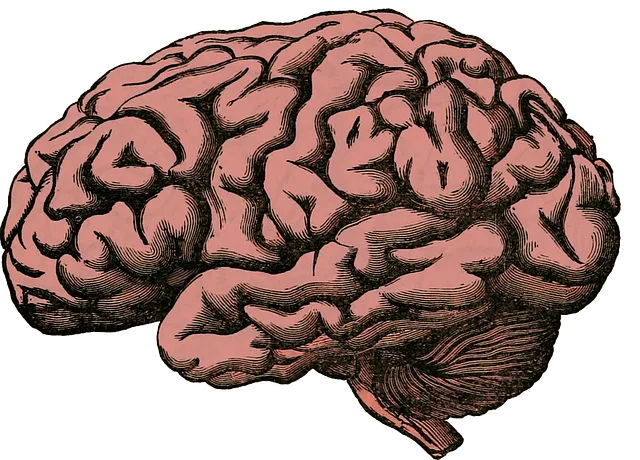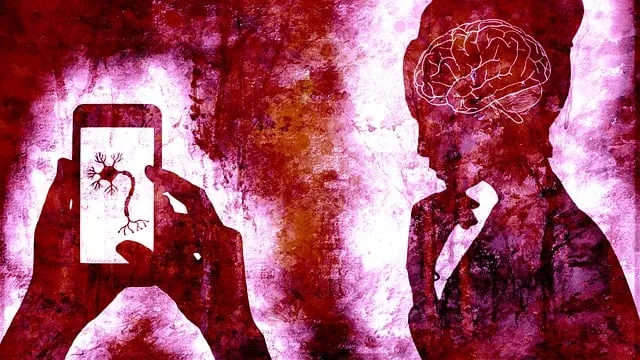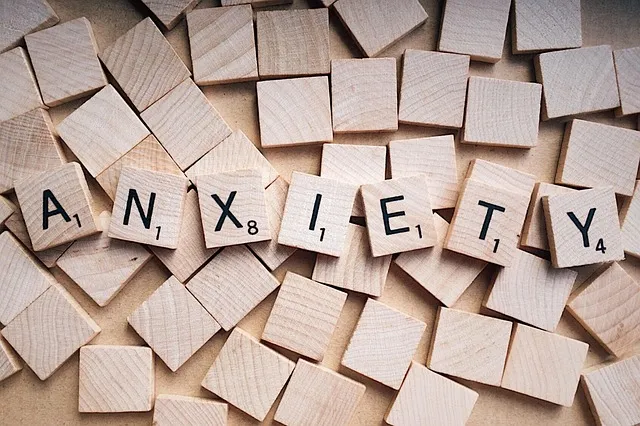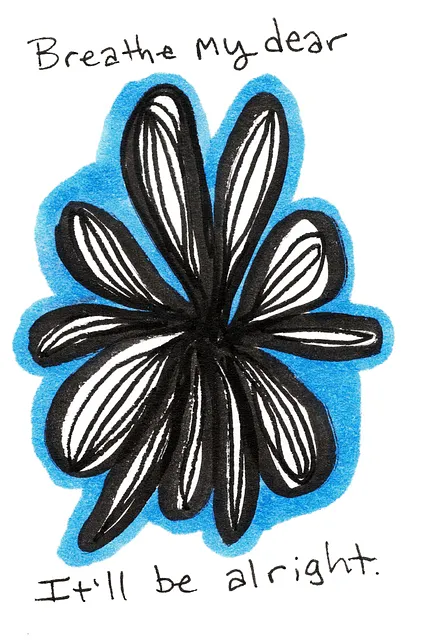The Kaiser Permanente mental health center in Wheat Ridge emphasizes cultural competency as a core component of patient-centered care. Through comprehensive training, they equip healthcare providers with skills to understand and respect diverse cultural backgrounds, beliefs, and values. This holistic approach includes trauma-informed practices and culturally sensitive interventions, ensuring personalized attention for every patient. The center's community engagement initiatives ensure tailored educational programs that address specific challenges faced by various ethnic, racial, and socioeconomic groups, ultimately enhancing the accessibility and relevance of mental health services.
“In today’s diverse healthcare landscape, cultural competency among providers is more crucial than ever. This article explores the evolving necessity of cultural sensitivity training in modern medical practice, focusing on real-world examples like the Kaiser Permanente Wheat Ridge Mental Health Center. We delve into effective strategies for cultural competency education and highlight the transformative power of community engagement in enhancing healthcare provider training, drawing insights from successful initiatives at KP Wheat Ridge.”
- Understanding Cultural Competency in Healthcare: A Necessity for Modern Practice
- The Impact of Cultural Sensitivity Training at Kaiser Permanente Wheat Ridge Mental Health Center
- Strategies for Effective Cultural Competency Education in Healthcare Settings
- Community Engagement and Collaboration: Enhancing Cultural Awareness in Healthcare Provider Training
Understanding Cultural Competency in Healthcare: A Necessity for Modern Practice

In today’s diverse healthcare landscape, cultural competency is no longer an optional skill for providers; it’s a necessity. This concept, as demonstrated by organizations like Kaiser Permanente mental health centers in Wheat Ridge, involves understanding and appreciating the cultural backgrounds, beliefs, and values of patients to deliver effective care. It’s about creating an environment where every individual feels respected, heard, and understood, which is crucial for improving patient outcomes and satisfaction.
Cultural competency goes beyond basic cross-cultural training. It encompasses a range of practices, from trauma support services that address the unique needs of survivors to burnout prevention strategies for healthcare providers. Effective cultural competency requires mental health professionals to conduct thorough risk assessments, adapt their communication styles, and integrate culturally sensitive interventions. This holistic approach ensures that patients receive not just quality care but also care that resonates with their personal identities.
The Impact of Cultural Sensitivity Training at Kaiser Permanente Wheat Ridge Mental Health Center

At Kaiser Permanente Wheat Ridge Mental Health Center, cultural sensitivity training has significantly impacted patient care and outcomes. The center’s commitment to equipping its healthcare providers with the skills to navigate diverse cultural backgrounds has fostered a more inclusive environment. This initiative ensures that every patient receives personalized attention, understanding their unique needs and perspectives shaped by their culture. By promoting cultural competency, the center aims to enhance the effectiveness of mental health services, making them accessible and relevant to all communities served.
The training program at Kaiser Permanente Wheat Ridge goes beyond surface-level awareness. It delves into the complex dynamics of cultural identity, providing guidance on effective communication strategies. Healthcare providers learn to incorporate tailored approaches in therapy sessions, addressing specific challenges faced by patients from various ethnic, racial, and socioeconomic backgrounds. This personalized touch not only improves patient engagement but also facilitates a deeper exploration of issues related to depression prevention, coping skills development, and mental wellness journaling exercises.
Strategies for Effective Cultural Competency Education in Healthcare Settings

Cultural competency training is a vital tool for healthcare providers to connect with diverse patient populations, especially in a metropolitan area like Wheat Ridge, where Kaiser Permanente mental health centers serve a multicultural community. Effective education strategies should involve interactive and engaging methods tailored to different learning styles. For instance, incorporating storytelling and role-playing scenarios can help trainees empathize with patients from various cultural backgrounds. This hands-on approach allows them to practice navigating sensitive topics related to mental health, such as emotional regulation and wellness promotion techniques, in a safe environment.
Additionally, providing resources like the Mental Wellness Journaling Exercise Guidance can empower healthcare staff to support patients’ emotional well-being. Regular training sessions should also include discussions on cultural nuances, unconscious biases, and how they might influence patient interactions. By fostering an inclusive learning atmosphere, healthcare providers at Kaiser Permanente Wheat Ridge can enhance their ability to offer culturally sensitive care, ensuring every patient receives personalized attention that respects their unique background and promotes positive mental health outcomes.
Community Engagement and Collaboration: Enhancing Cultural Awareness in Healthcare Provider Training

Community engagement is a powerful tool to enhance cultural awareness and sensitivity among healthcare providers. By actively involving diverse communities in training programs, such as those offered at the Kaiser Permanente mental health center in Wheat Ridge, we can create more inclusive and effective healthcare services. This collaborative approach ensures that educational initiatives are tailored to meet the unique needs and perspectives of various ethnic, cultural, and social groups.
Through community-driven discussions and workshops, healthcare providers gain valuable insights into different cultural practices, beliefs, and challenges related to mental health. This fosters an environment where providers can learn coping skills development techniques that resonate with diverse populations. The integration of social skills training during these collaborations empowers providers to build stronger connections with patients from various backgrounds, ultimately improving patient outcomes and satisfaction.
Cultural competency training is a game-changer in healthcare, especially at institutions like Kaiser Permanente’s Wheat Ridge Mental Health Center. As we’ve seen, sensitive and effective education on cultural awareness can significantly improve patient outcomes and provider satisfaction. By integrating community engagement strategies, healthcare providers can gain deeper insights into diverse patient populations, ensuring tailored and compassionate care. This approach is not just beneficial for the patients but also fosters a more inclusive and resilient healthcare system, making it an essential aspect of modern medical practice.






